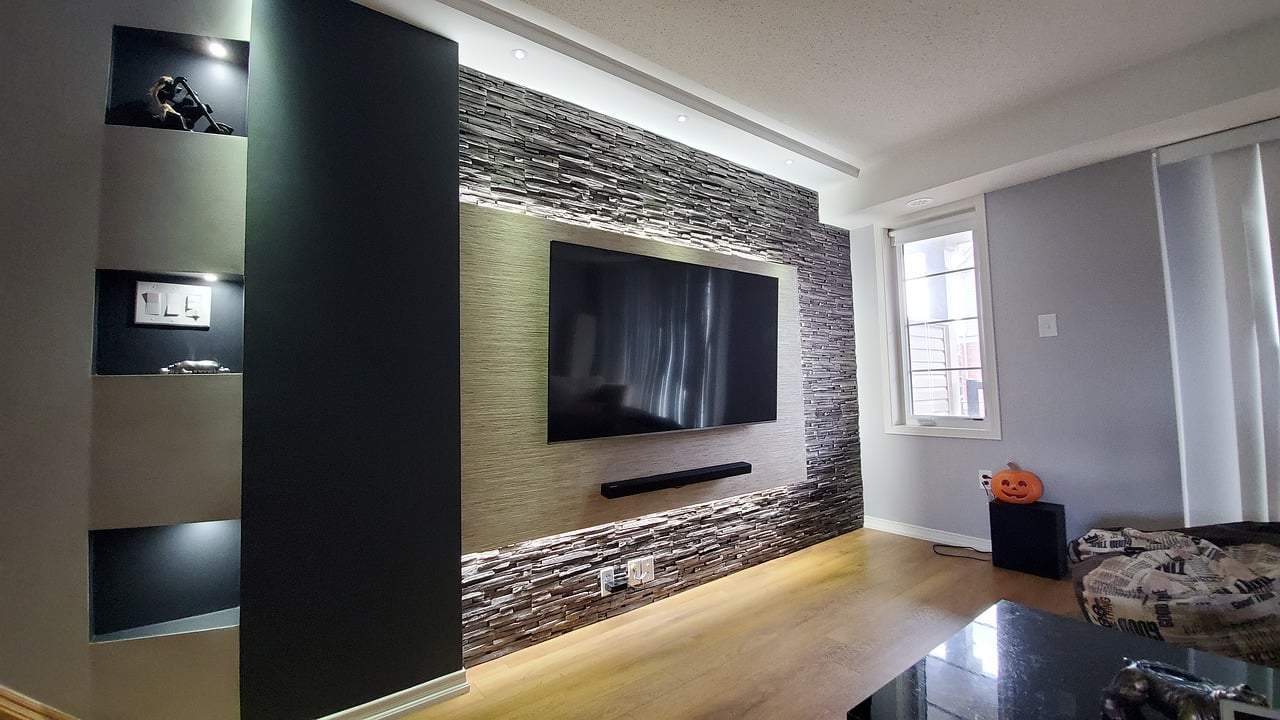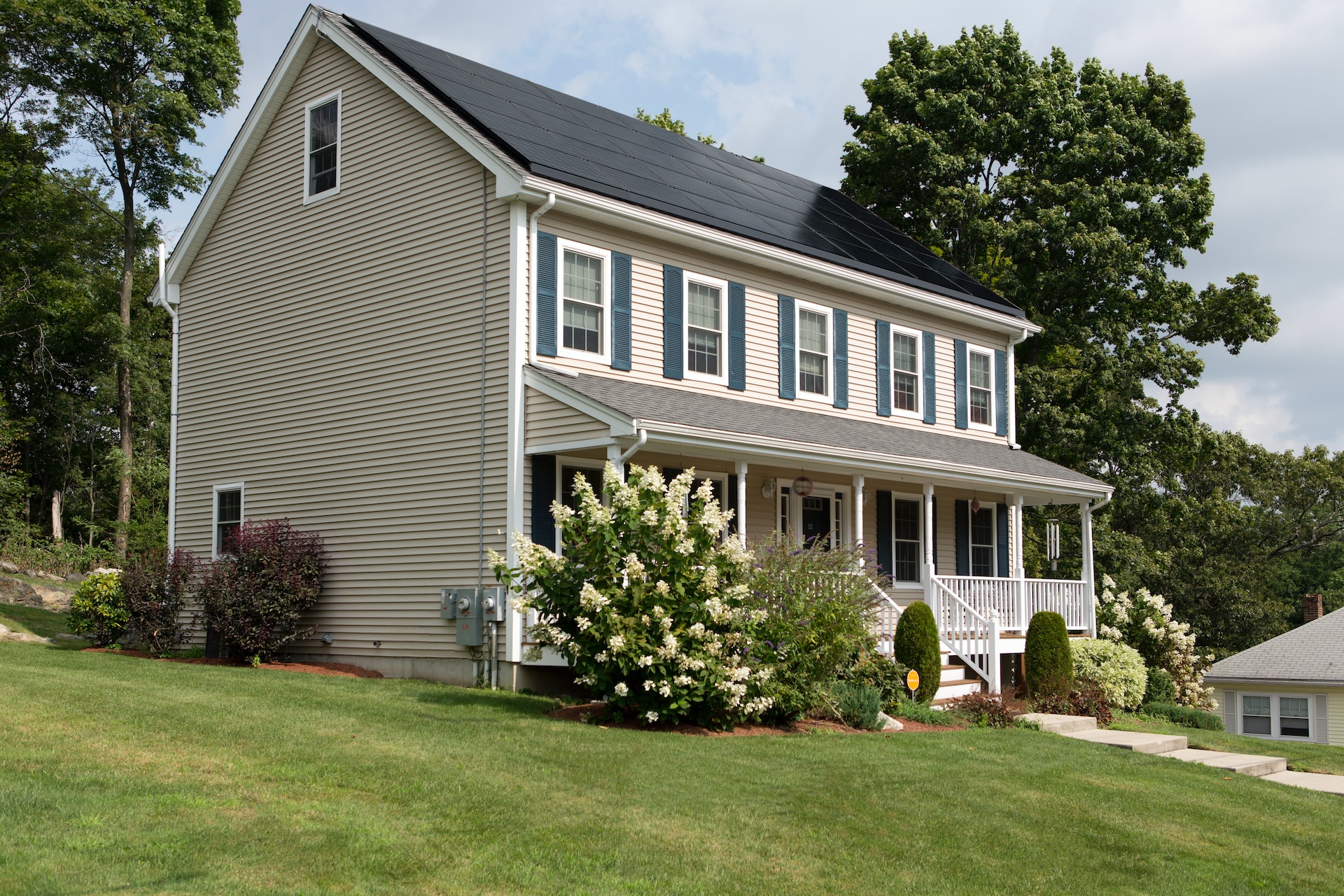Homeowners like yourself who have a finished basement may have wondered whether their home insurance policy covers this additional living space. Typically, home insurance policies cover structural damage caused by perils such as fire, smoke, vandalism, and water damage from burst pipes. However, specific details and limits can vary.
What Home Insurance Covers for Finished Basements
When it comes to a finished basement, most home insurance will automatically cover the following:
Structural Damage
Standard home insurance policies typically include damage to the structure of your finished basement. This covers damage from perils like fire, smoke, and vandalism. Ensure your policy’s limits are adequate to cover the full replacement cost of your basement.
Personal Property
Your home insurance will likely protect belongings stored in the basement. To ensure sufficient coverage, conduct a thorough inventory and estimate the value of these items.
Water Damage
While policies may cover water damage caused by internal issues like burst pipes, they often exclude damage from external flooding.
Home Insurance Coverage Options for Finished Basements
Consider additional coverage options to protect your investment if you have a finished basement. While home insurance policies typically cover the basics, there may be specific risks associated with finished basements that require extra protection.
Water Damage Coverage
One of the main risks for a finished basement is water damage. Depending on your insurance provider, you can add endorsements or riders to your policy that cover water damage caused by sump pump failure or sewer backup.
Personal Property Coverage
In addition to the structural aspects of your finished basement, consider the value of the personal belongings you have in that space. Adding personal property coverage to your home insurance policy can ensure that your valuable items are protected if they exceed the coverage limit.
Home Insurance Exclusions to Consider for Basements
Exclusions are specific situations or perils not covered by your insurance policy. However, you can take necessary precautions and explore additional coverage options to protect your finished basement under your current home insurance policy.
Hurricanes and Floods
One common exclusion to be aware of is coverage for damage caused by hurricanes and floods. Standard home insurance policies typically do not cover these perils, and you may need to purchase separate flood insurance to protect your finished basement in the event of a flood by assessing the risk of hurricanes and floods in your area.
Earthquakes
Another exclusion to consider is coverage for damage caused by earthquakes. Most home insurance policies do not include earthquake coverage, as earthquakes are classified as a separate and specific risk. If you live in an area prone to earthquakes, explore earthquake insurance options to ensure your finished basement is adequately protected.
Aging Infrastructure
Some insurance policies may exclude coverage for damage caused by aging infrastructure, such as outdated plumbing or electrical systems. If your finished basement relies on older infrastructure that could pose a higher risk of damage or loss, discuss this with your insurance provider. They can help you understand any limitations or exclusions related to your home’s infrastructure.
Mitigating Risks in Your Finished Basement
Taking proactive measures to mitigate risks can go a long way. By implementing these strategies, you can minimize the potential for damage and potentially even lower your insurance premiums.
Install a Sump Pump
A sump pump is a critical component in preventing flooding and water damage in your basement. It works by collecting excess water and pumping it away from your home’s foundation. Ensure your sump pump is installed correctly and regularly maintained to function properly when needed.
Waterproof the Basement Walls
Waterproofing your basement walls can provide additional protection against moisture intrusion. Consider applying waterproofing sealants or coatings to the interior walls and exterior foundation to prevent water infiltration and potential damage.
Maintain Proper Ventilation
Poor ventilation in your basement can lead to a buildup of moisture, which can contribute to mold growth and other issues. Ensure that your basement has proper ventilation, such as windows or vents, to allow air circulation. This can help prevent excess humidity and keep your basement dry.
Consult with professionals to ensure you take the appropriate steps to safeguard your investment.
Regarding finished basements, home insurance policies generally cover structural damage and perils such as fire, smoke damage, vandalism, and water damage. However, reviewing your specific policy is important to fully understand the extent of coverage and any exclusions that may apply.




